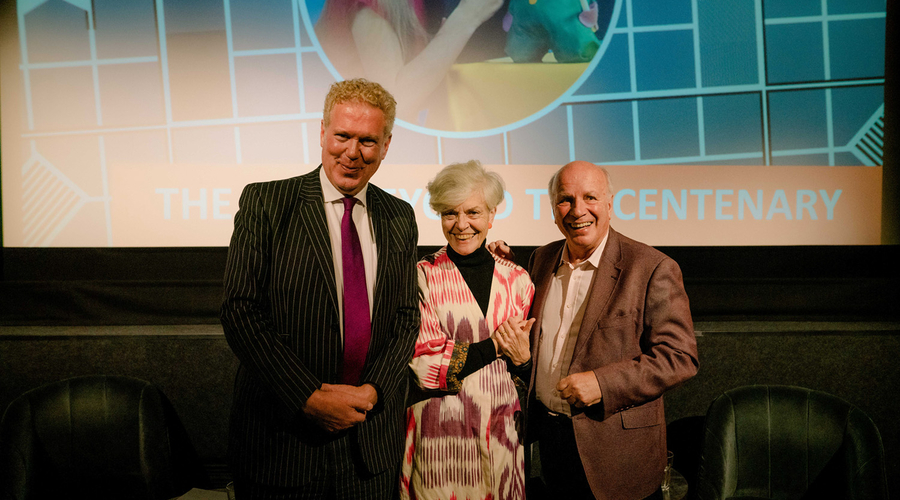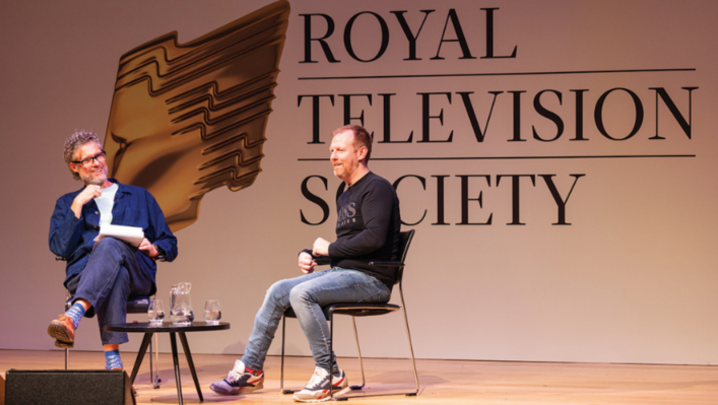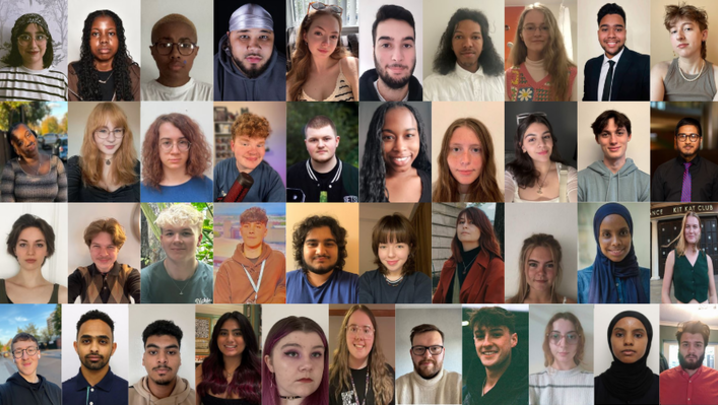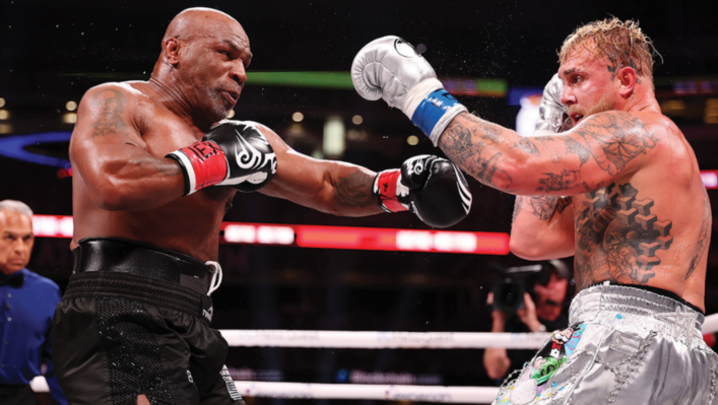As the corporation celebrates its centenary, Matthew Bell discovers there is optimism about the future of the BBC
There have been many ups and downs during the BBC’s first 100 years but, so far, it has managed to survive and fend off government attacks from both left and right. An RTS London event in late November asked two BBC old-hands whether it can survive much longer.
Both Jean Seaton, official historian of the BBC and a professor of media history, and former Director-General Greg Dyke were adamant that the BBC was far from redundant.
“We are now living in a very, very corrupted information system, driven by algorithms [and] where division is accelerated,” argued Seaton. “One of the things that protects a society, in particular a democracy, [and] makes its people resilient… is having a public service broadcaster.”
The BBC, she added, “can embody good values – think of Strictly [Come Dancing], it’s not cruel, it’s kind, [and] think of the brilliant writing in SAS Rogue Heroes.”
“[The BBC] reflects us, it reflects our culture, our society, and that’s why it matters,” said Dyke. He was Director-General from 2000 to 2004 but resigned in the wake of the Hutton Report into the death of Dr David Kelly, a former UN weapons inspector in Iraq. It cleared the Blair Government of wrongdoing but criticised the BBC.
The ex-DG declared himself a “big fan of public service broadcasting”, adding: “What has always worried me is that, one day, a government will get elected and will destroy it. I think we were quite close, actually.
“I don’t think we are now, because this Government has got enough problems without taking on the BBC.”
The danger, he said, has been greater with the Conservatives “and the hard right who hated the idea of the way it was funded – they have had a period in the ascendency, but I think that’s coming to an end”.
The licence fee has survived since its introduction in 1946, despite many attempts by governments over the years to replace it. “No one would invent the licence fee now, would they?” admitted Dyke. “I personally always found it a difficult tax to justify.”
He continued: “At some stage, we are going to have to come up with another way of financing the BBC.”
Preserving the BBC’s independence from government was key, and Dyke spoke from personal experience of dealing with Tony Blair’s spin doctor, Alastair Campbell. “He would phone up some poor producer in news, but what you had to do was make sure they had the confidence to tell him to ‘bugger off’,” he recalled.
The alternatives to the licence fee, though, are flawed, said Seaton. She rejected subscription, largely because it would end the principle of universality – the corporation’s services are available to the whole country – that underpins the BBC: “There is absolutely no compelling logic. The people who are in favour of subscription are enormously devious.”
She called for a “proper public commission… that comes up with a proper set of argued reasons about how you can keep this institution going and properly funded”.
Looking to the future, Dyke said he was “quite optimistic”, adding: “I don’t think the Nadine Dorries view of the BBC will sustain.” The former culture secretary has been one of the corporation’s arch opponents.
Offering advice to the current Director-General, Tim Davie, Seaton said: “[Don’t] be frightened… and believe in the institution.”
Dyke added: “Be braver… politicians come and go in the end… Second, look again at local news… make it more local.”
‘The BBC: Beyond the centenary’ was an RTS London event, held at the Everyman Kings Cross on 24 November. It was chaired by the lawyer and broadcaster Andrew Eborn and produced by Phil Barnes.







